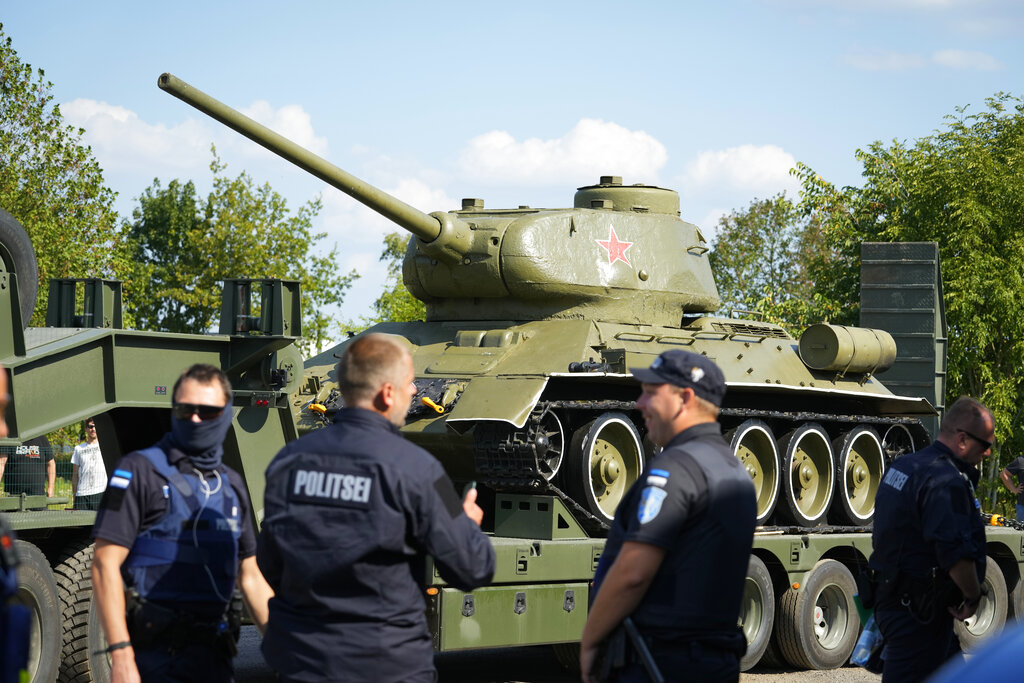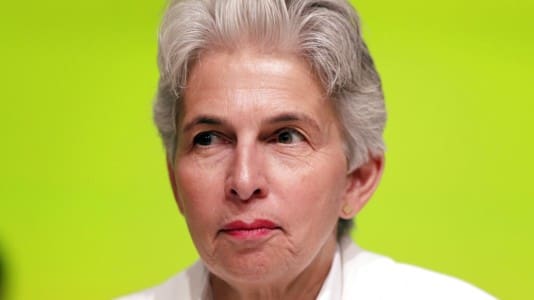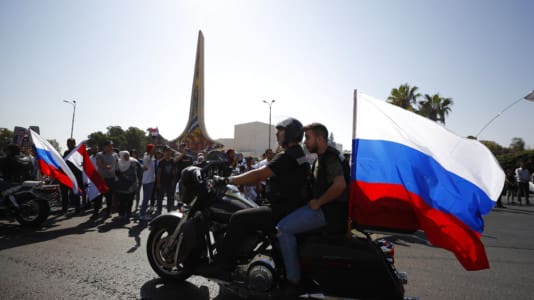One of the countries that first promoted the initiative not to issue visas to Russian citizens was Estonia. Authorities in Tallinn stress that it is an issue of national security. Why is that?
A recent survey showed that as much as 25 percent of Estonian citizens support Vladimir Putin’s aggression against Ukraine. The study was conducted in July, when atrocities committed by Russian troops in the Dnieper estuary were already known. Similarly to what was at stake, the security of Central Europe, including that of the Baltic States.
In this context, it is not a coincidence that 25 percent of Estonia’s inhabitants are Russians — around 345,000 out of the total 1.3 million. Narva, the third-largest city in Estonia with 57,000 inhabitants, is a clear example, as 95 percent of its population are Russian-speaking and 95 percent support Putin’s attack against Ukraine.
Narva, near the border with Russia, was ethnically Estonian prior to World War II. After it was annexed by the Soviet Union in 1940, Stalin ordered the mass deportation of the local population and settled Russians in their place, completely changing the city’s demographic makeup.
Most Russians in Estonia, who are the descendants of those who moved in, also support the presence of communist symbolism in the public space. This became apparent recently when the Estonian parliament enacted a law liquidating all Soviet-era monuments, which last week resulted in a Soviet T-34 tank being taken down in Narva.
This caused dissatisfaction of the residents, who complained that nobody asked their opinion; they saw this monument as a symbol of liberation from the German occupation. The government in Tallinn, however, believes that the tank symbolized Russian occupation and military aggression.
In the last days, former Estonian President Kersti Kaljulaid, who ruled between 2016 and 2021, visited Narva. She explained that the tank symbolized the Soviet occupation, but it had been tolerated and treated as a relic of history. However, the Russian invasion of Ukraine changed everything. According to Kaljulaid, if this monument would be accepted any longer, it would be the equivalent of justifying Russia’s current aggression, which is why removing it was due to Putin; the Estonian government is not to blame.
The attitude of Narva’s residents caused many Estonians to ask whether they can count on the loyalty of the Russian-speaking population of their country. Do those Russians identify as the citizens of the country they inhabit or Russia?
It is becoming a real concern that they could act just as the “separatists” in Donetsk and Lugansk did, proclaim their own “people’s republic,” and then ask for support from Moscow, which will gladly defend them against Estonian “Nazis.”
“Green men” could appear in Narva just as they did in 2014 in Crimea, commanded by Colonel Igor “Strelkov” Girkin, who infiltrated the peninsula as a member of Patriarch Kirill’s delegation.






